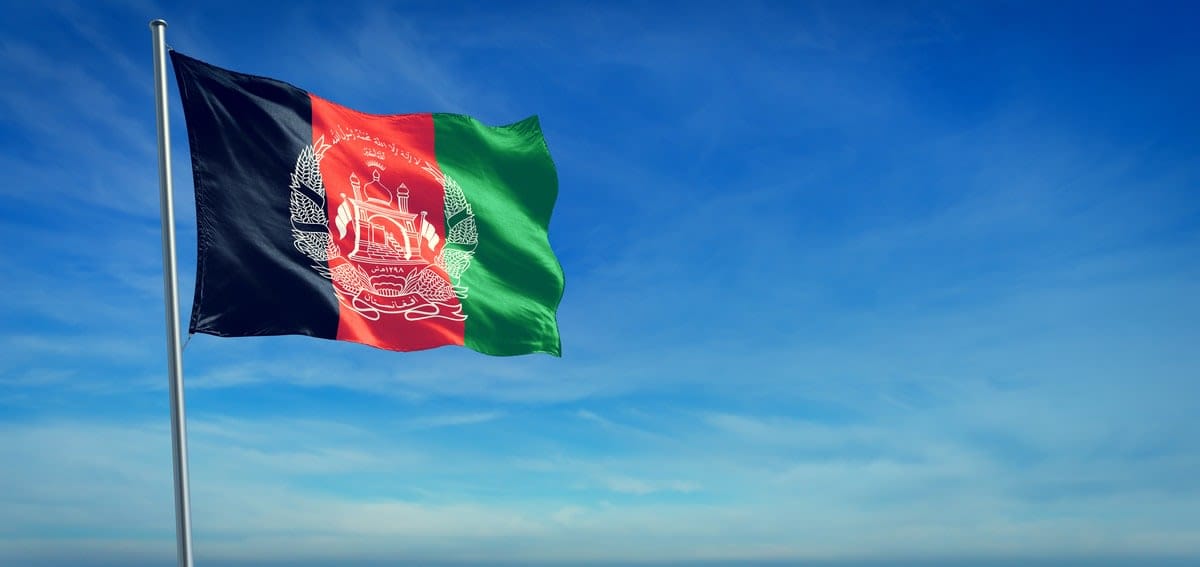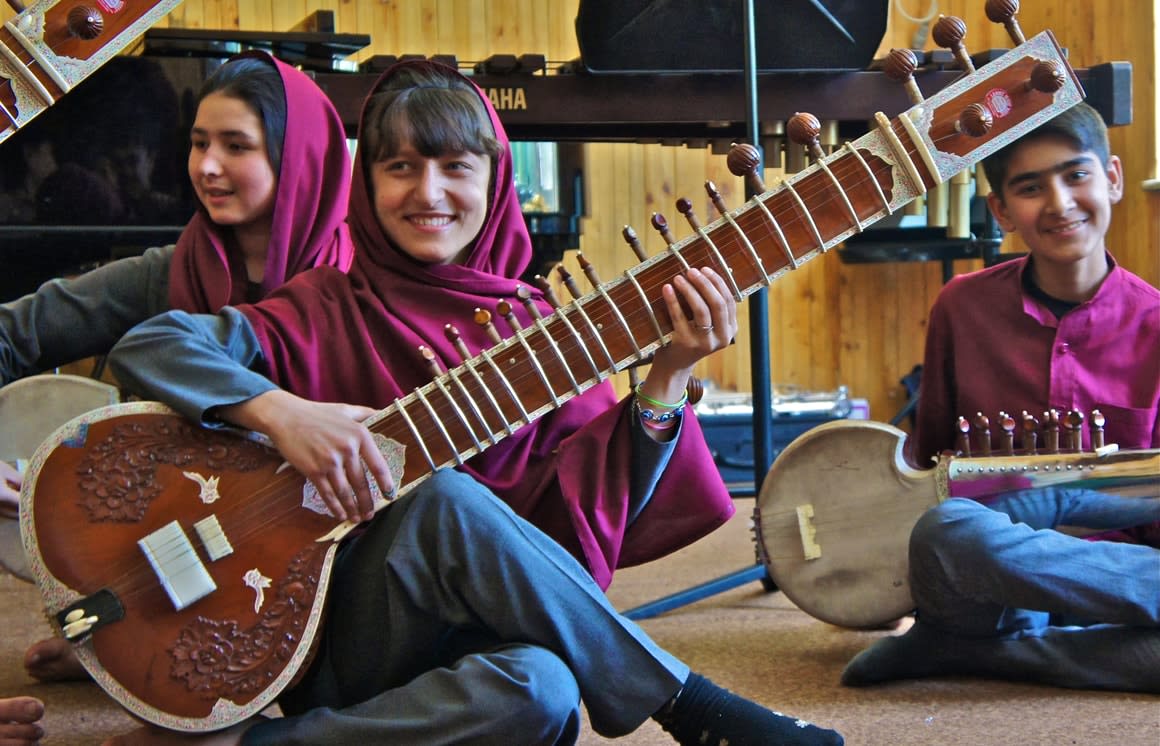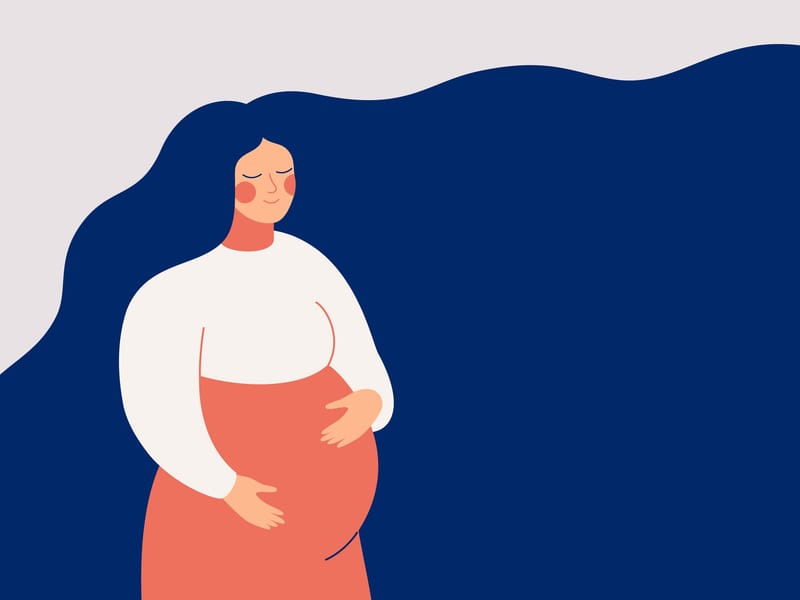
In the first six months of the Taliban rule in Afghanistan since taking power in August 2021, the rights of women and girls were swiftly wiped away, and their conditions changed dramatically.
Girls’ access to secondary school was banned across the country, and it’s still the case. Women have been dismissed from their professional jobs. They’re not permitted to play music.
There’s no women in the Taliban’s caretaker government at the national, provincial and district levels. Drivers are directed not to pick up women passengers who don’t have a certain type of hijab, and women are banned from travelling alone further than 72km.
The discriminatory policies are aimed to contain women and girls at home under the pretext of Islamic sharia, with no prospects and opportunities.
Women resist at great risk
Women of Afghanistan have courageously resisted the discriminatory policies, and actively advocated to reclaim their shrinking space to practise their rights.
Among the boldest images emerging from Afghanistan is Afghan women’s confrontations with the Taliban on the streets, delegitimising their rule.
Women have been protesting non-stop across Afghanistan (especially in major cities such as Mazar-e-Sharif, Kabul and Herat), demanding their rights.
Read more: Fears for Afghan women and their freedoms as the Taliban takes Kabul
The risk of fighting for women’s rights in Afghanistan is the cost of life. Protesting women are targeted with AK-47s pointed at their chests.
Yet, they fiercely and fearlessly continue their fight for rights. For Afghan women, this is a cause for their survival.
A young Afghan woman says: “Why rot at the prison of home as a result of the Taliban’s gender apartheid? If it is to die, let’s be the sacrifice of freedom on the streets. At least this way, we save the future of our daughters.”

Today, Afghan women’s call for women’s rights is the fight for survival – the survival of women, the young generation, and the survival of Afghanistan – to build a prosperous and dignified future for its people.
The return of the Taliban to power revealed in the past six months that they haven’t changed, as claimed during the US-Taliban negotiations.
However, it shows that the women of Afghanistan have changed. Afghan women became educated. They found an agency. They became empowered.
Twenty years ago, few women were fighting for Afghan women. Today there are large numbers of women fighting for rights. In the past 20 years, women and girls have overcome many social and cultural barriers to participate in society and work for equality and access to justice.
There are many examples of women and girls excelling in Afghanistan. In the past two years, Afghan girls won the highest mark for the university entrance exam and competed across Afghanistan with boys.
The girls are thirsty for education. They dream big like any teenager anywhere in the world for their future.

The role of music in Afghan women’s rights
Music has been an integral part of culture for all people in Afghanistan, and the Afghanistan National Institute of Music (ANIM) has been an important centre for the practical realisation of the benefits gained for women and girls who play music in Afghanistan, emerging at the end of the last Taliban regime.
ANIM trained women and girls who have gone on to further study and careers in music, both in Afghanistan and abroad. It has cultivated the independence and strength of creativity for these women and girls.
Founded and directed by Dr Ahmad Naser Sarmast, a graduate of the Sir Zelman Cowen School of Music and Performance’s postdoctoral program at Monash University, the institute was established with assistance from Monash’s arts faculty, which provided foundational funding, resources and an ongoing connection that saw its acclaimed girls’ orchestra, Zohra, tour Australia in 2019.
Dr Sarmast has shared recent images of instruments at the school being damaged and destroyed, the venue for the institute having been redeployed by the Taliban as a military base.
Testament to its international impact, ANIM has managed to gather support to evacuate the students and their families, faculty and graduates to Portugal, enabling them to continue their studies and music practice. It’s also removed them from the imminent dangers mentioned above.
While these women and girls continue their musical journey, others have been cut short.
Yet women in Afghanistan have shown they’ll find a way. The sharing of the traditional Landays, short, vocalised poems in the Pashto language, is one example of how music has been kept alive in its most fundamental form – song.
Shared between, and for, women, the content of these daring and often intimate pieces has evolved alongside the situation in Afghanistan. They symbolise resilience, strength, passion and determination.
They play a part in the fight the women remaining in Afghanistan are undertaking to be autonomous and independent, be it in art, education, government or family life. A new phase of resistance has begun.
International community has a responsibility
The insecurity of women and those who advocate and fight for women’s rights is concerning. Women have been beaten, retaliated against, and abducted for protesting and speaking to the media.
Moreover, the Taliban propaganda scandalises women’s activism and advocacy to dismiss the demands.
However, the international community, including the international civil society organisations, still has the leverage to pressure the Taliban government to recognise and protect the fundamental human rights of women and girls – including engagement for humanitarian causes.
The US and international coalition forces justified the war in Afghanistan using the rhetoric of protecting women’s rights. However, with the military withdrawal, the collapse of the Afghan government, and the return of the Taliban, it’s a responsibility of the international community to support and protect Afghan women and girls in the Taliban’s 21st-century “gender apartheid” regime.
International solidarity with women in Afghanistan will be critical to fighting the Taliban and winning over the evil of gender segregation, oppression and inequality in the 21st century.





